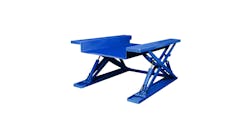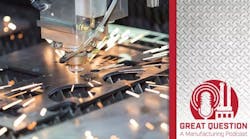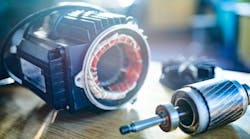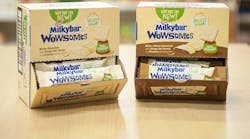Nestle SA plans to begin selling slimmed-down Milkybar chocolates in the U.K. and Ireland in the first implementation of a new technology that promises the same sweetness with 30% less sugar.
The Swiss food giant said a new version of the candy bars will be available on store shelves next week. It’s introducing them in markets where government and consumer groups are putting pressure on the food industry to reduce calories in snacks amid rising rates of obesity and diabetes, especially among children.
The new products, called Milkybar Wowsomes, are the first application of a technology Nestle unveiled in 2016 that makes the structure of sugar more porous, so that a smaller amount produces the same sweetness and dissolves faster, like cotton candy. It’s made by spraying a mixture of sugar, milk powder and water into warm air, then drying it. Milk is used to keep it from getting too sticky. The technology will let the company cut sugar without resorting to artificial sweeteners or alternatives such as stevia.
“Nestle is testing consumer acceptance with the Milkybar, though I see no issues as consumers want natural ingredients, and stevia still often has a bitter aftertaste,” said Alain Oberhuber, an analyst at MainFirst Bank.
Nestle’s shares rose 1.6% at 11:50 a.m. in Zurich. The company said the method is patented, but it can’t be used for beverages because the sugar would be dissolved too quickly.
Confectionery Focus
Nestle is looking at a range of product categories to see where the technology can be applied but is focusing for now on confectionery, especially children’s products, a Nestle spokesman said. Nestle will introduce more treats using the new sugar by 2019 and expand into new markets that could range from Latin America to Europe and Asia, he added, without providing details. Nestle is getting out of the candy business in the U.S., having agreed in January to sell its operations there to Ferrero SpA for $2.8 billion.
The U.K. government is targeting sugar reductions of at least 20% by 2020 in a range of products. The move comes after the introduction in Britain and elsewhere of sugar taxes to help fight childhood obesity and diabetes, which affects four times as many people now as in 1980.
The new Milkybar candies will come in two versions -- white chocolate or a mix of white and milk chocolate -- and have creamy centers with crispy oats. The largest individually wrapped product, weighing 18 grams, will have 95 calories per bar, compared with 135 calories for a 25-gram original Milkybar.
Nestle has lost market share in the U.K., the world’s third-largest chocolate market, over the last five years, according to research firm Euromonitor. The company says it has cut added sugar in a range of products by 8% on average between 2014 and 2016. It also has pledged a reduction of a further 5% on average by 2020.
As consumers increasingly watch their waistlines and opt for healthier treats, companies across the industry have been boosting efforts to offer alternatives without alienating shoppers. Cargill Inc. started the commercial production of a new stevia sweetener after working with Swiss biotechnology company Evolva Holding SA to remove its bitter aftertaste.
by Corinne Gretler










